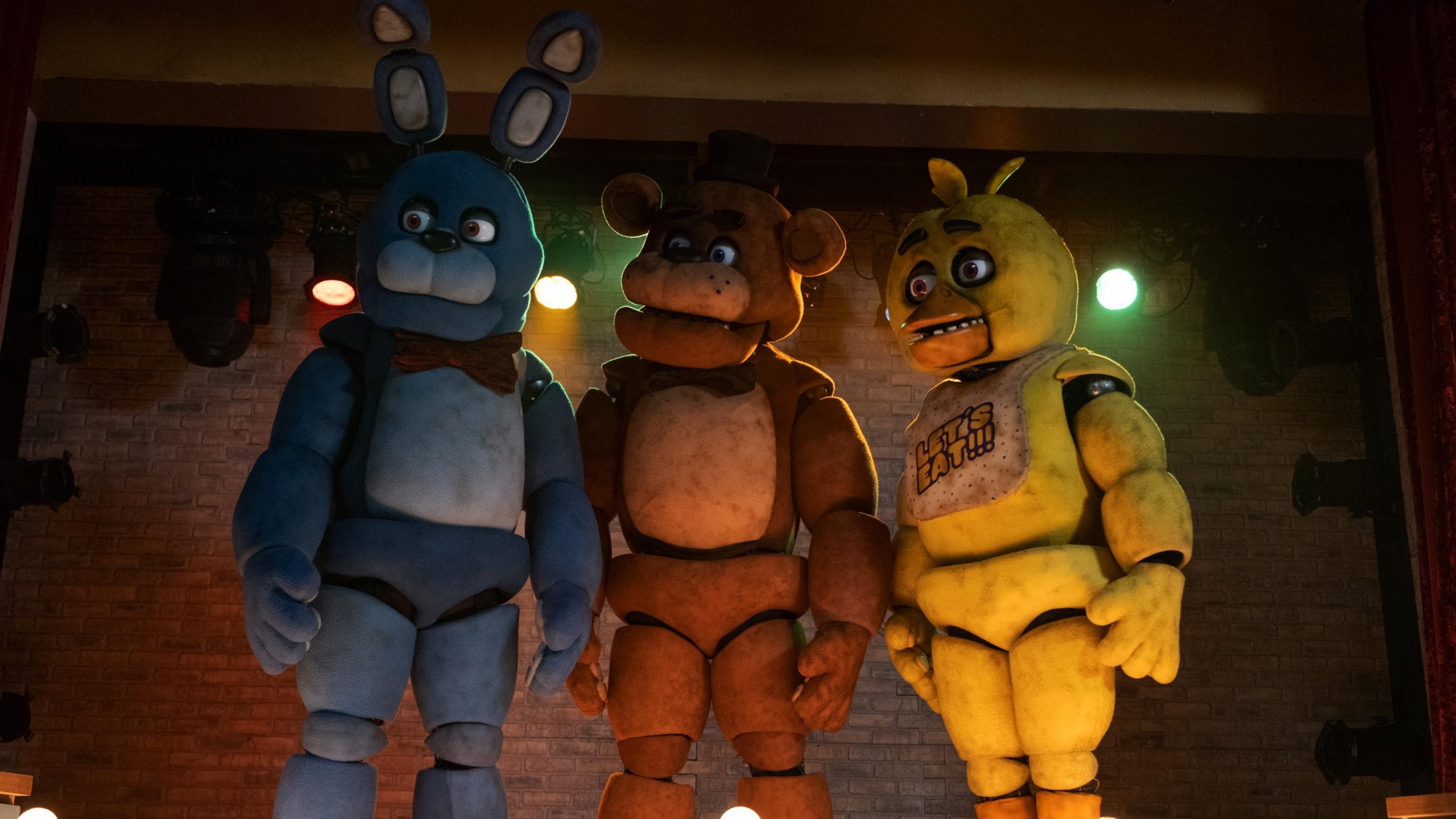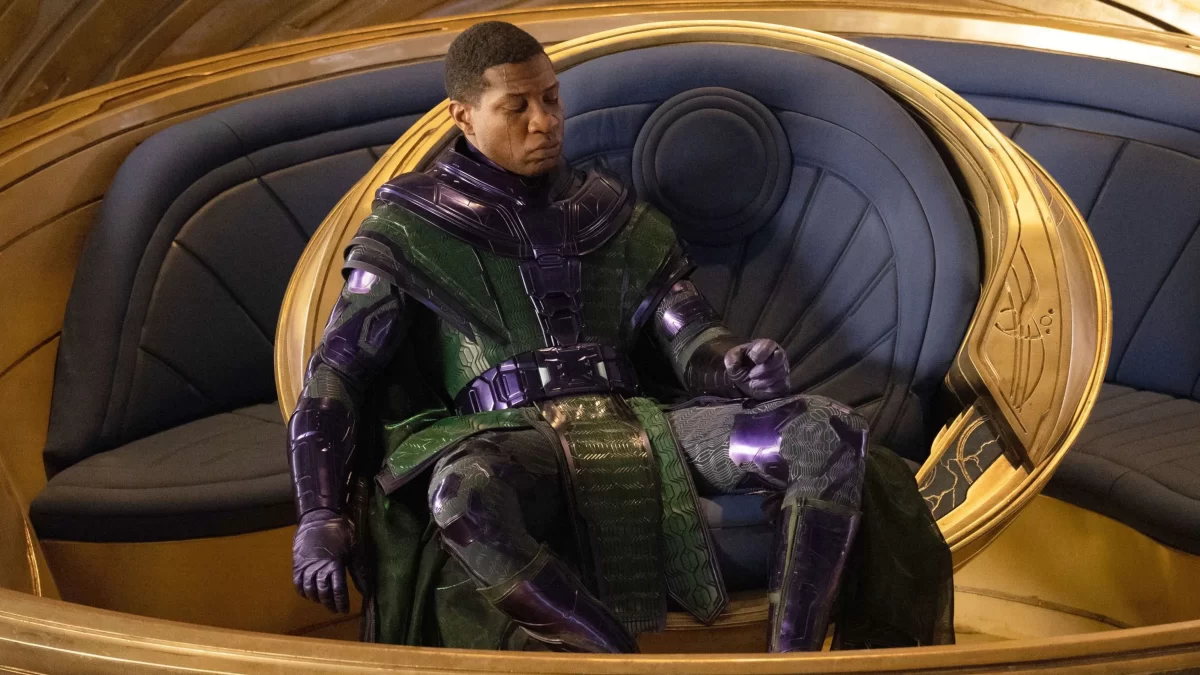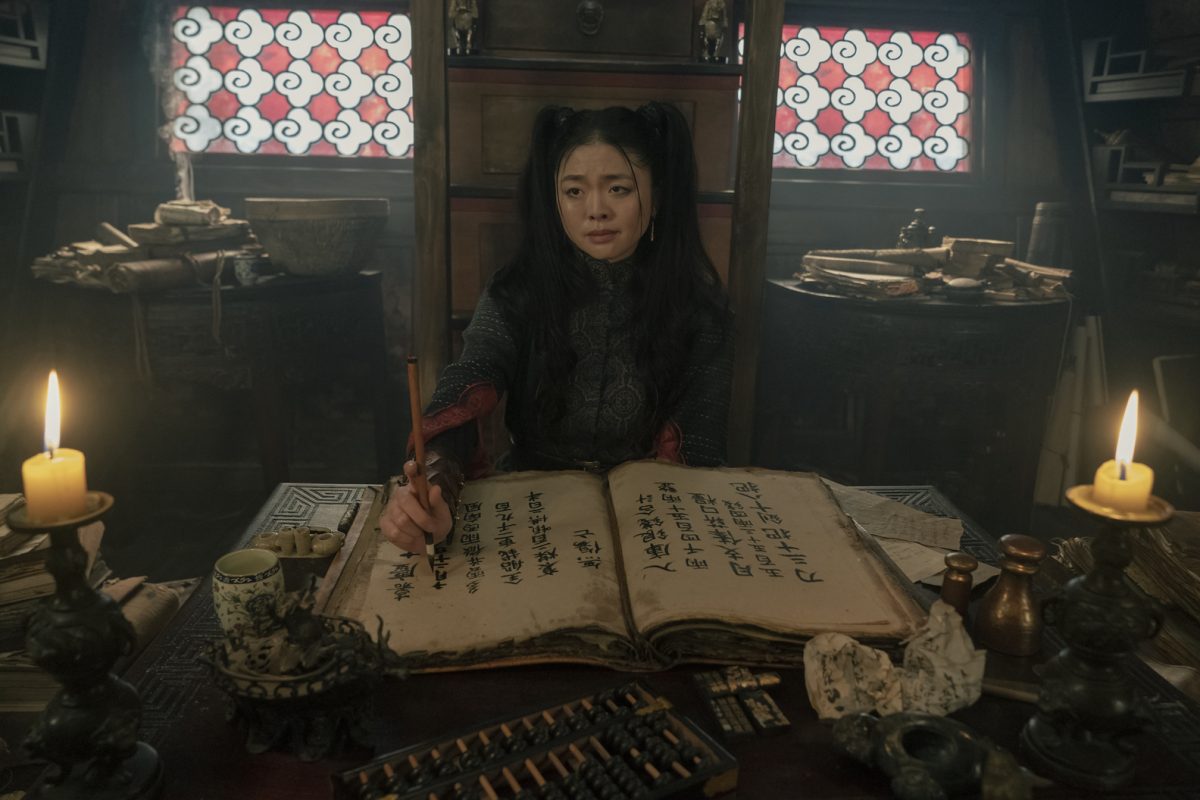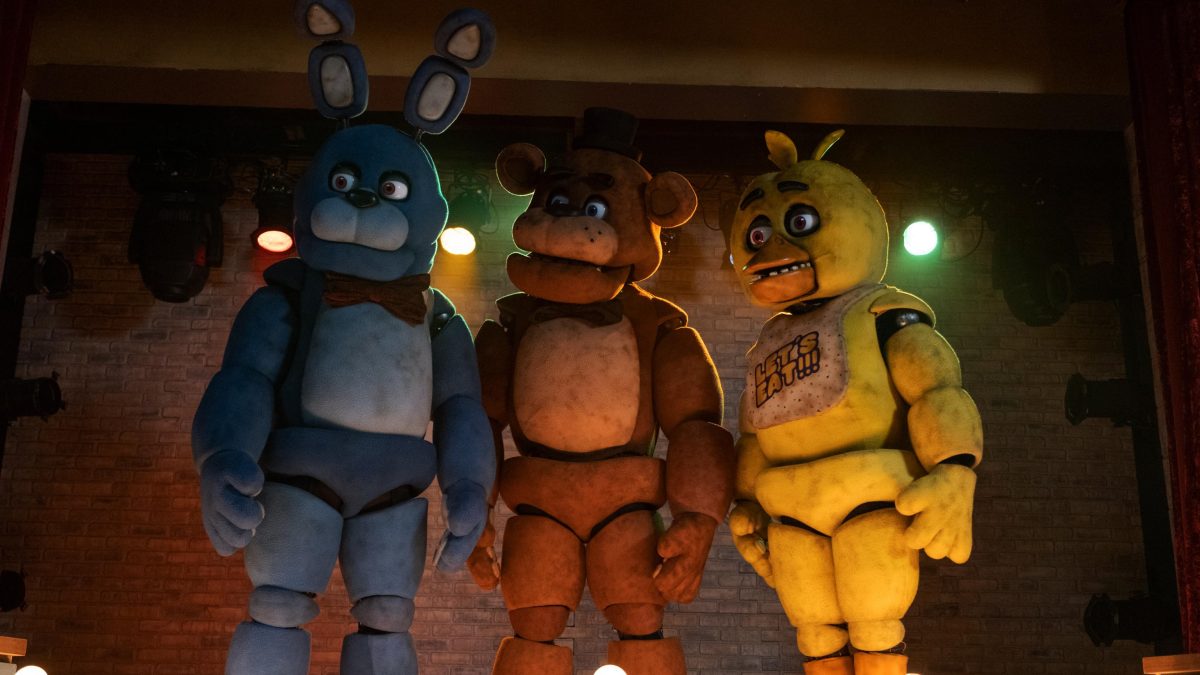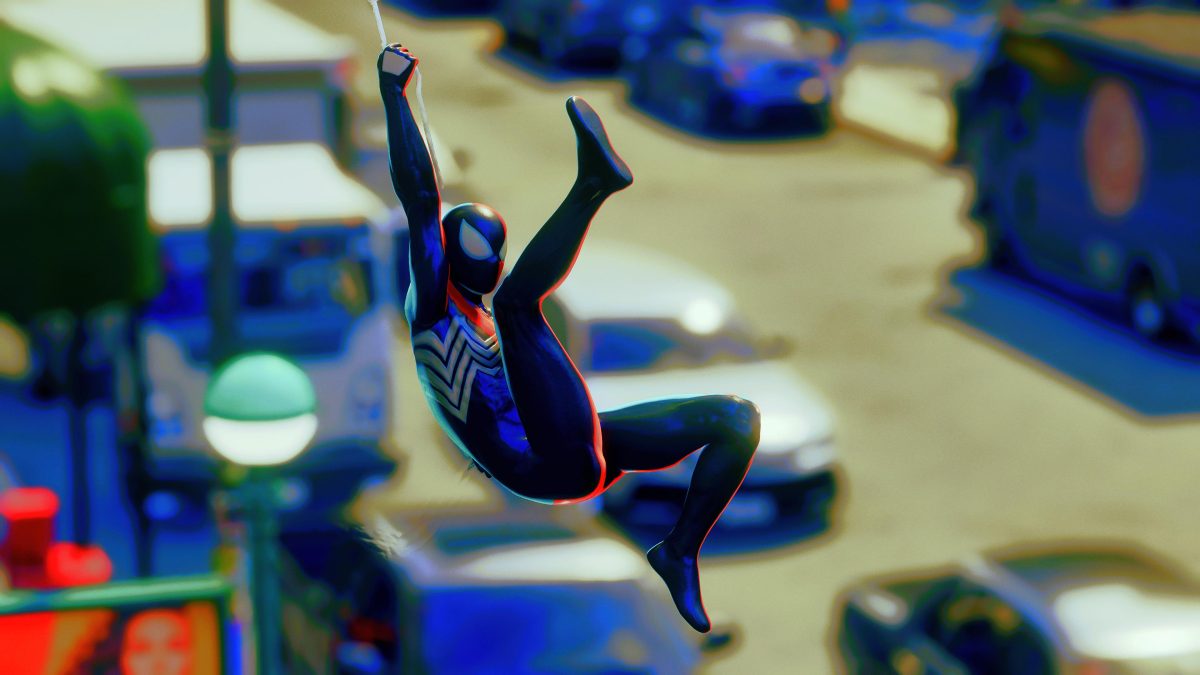
By Grace Connor
Coming up on its 10 year anniversary of publication, Lionel Shriver’s “We Need to Talk About Kevin” (2003) is just as timely and important as it was when the Columbine High School massacre was still fresh in the public’s mind. After all, as the novel points out, the disturbing “trend” of school shootings is not one that appears to be dying down anytime soon, especially in light of last month’s shooting in Newtown, CT, which claimed the lives of 20 children and six adults at Sandy Hook Elementary School.
Simply put, “We Need to Talk About Kevin” is the finest book I have read in a long time. It’s taken me over a month to finish, which is the first unusual item of note, as I’ve been known to be a speedy reader (especially when I’m very interested in a book).The hardcover edition that I purchased for $2 at a local book fair is just under 400 pages. A book of this size could have taken me less than a week. However, I intentionally slowed down my consumption of this novel, agonizingly limiting myself to one chapter or two per night, simply because I enjoyed reading it so much. As I said, this was an unusual practice – but it works, because the book itself is so atypical.
Shriver’s work is notable, first because of its mixing of genre; not since Frankenstein has an epistolary novel so effectively captured elements of horror and thriller. The novel is composed entirely of letters from Eva Khatchadourian to her husband Franklin, regarding the events that led up to the day their son, Kevin, murdered nine of his classmates. But whether Eva is recalling the courtship between her and Franklin, or describing Kevin’s sociopathic manipulation of his peers, the prose is so compelling that it is easy to forget that it is part of a letter.
The book is also unique in its characterization. An unlikeable main character is nothing new in the world of fiction, but Eva is more than that: she is a complete character. Shriver lays Eva’s flaws and virtues on the table in equal measure, with no agenda. Kevin is undoubtedly the villain of the piece, but the reader is always hyper-aware that this perception may be only because the world is viewed through Eva’s eyes. The dialogue and memories that Eva conjures are so vivid that I truly felt the clichéd sensation, “It was like I was actually there!”
I felt the dread and anxiety that living with a child like Kevin would produce, where every attempt at affection was met with disdain and every misbehavior was followed by a knowing wink. But I also felt the frustration that would be instilled by having a mother like Eva, who constantly railed on the United States in favor of more exotic lands, who held a grudge against an infant Kevin for refusing to breastfeed, and who blatantly preferred her daughter Celia.
But none of the abnormalities of the book could have prepared me for what was to occur in the final chapters. I’m not authorized to give out spoilers, and I wouldn’t if I could. But let’s just say that in a section normally reserved for denouement and a general wrapping-up, I had to physically put the book down at several points. So, as I’m beginning to tell everyone I meet: read this book. It will be like nothing you’ve ever read before.

February 16, 2024
February 16, 2024

February 16, 2024

February 16, 2024
Trending Stories
Novel takes aim at school shootings
January 31, 2013
Leave a Comment






